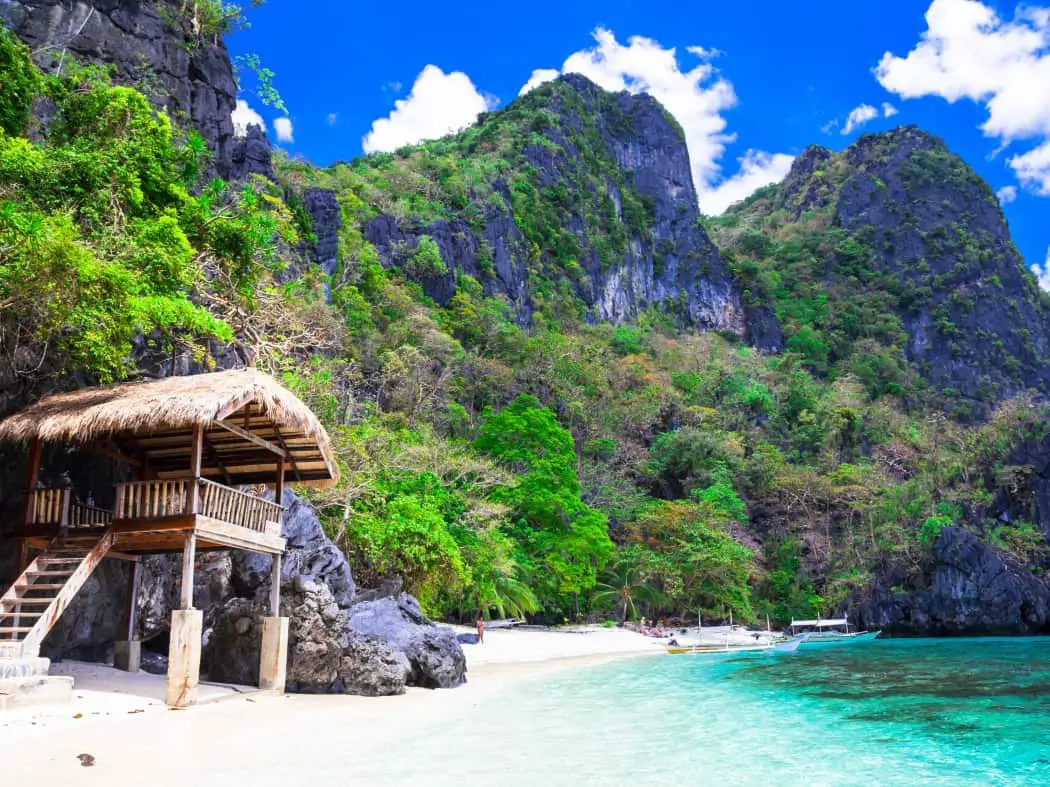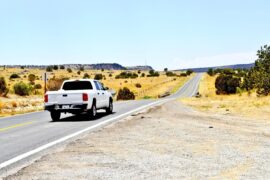Considering travel? Seeing as travel has been off the cards for the last year and a half or so, many of us have a real sense of wanderlust about us and are ready to jump on the first plane available. Of course, if you’re planning on getting away, it’s important that you organise your trip thoroughly in advance. This has always been essential, but now more so than ever, when rules and safety guidelines are more strict than they would usually be. Here are some key elements to take into consideration to help you plan an appropriate trip.
Locations
When you travel, the world is your oyster. There are 195 countries in the world, each with countless cities, towns, villages, rural areas to visit. You’re going to have to decide exactly where you want to go to come up with your final travel plan. Do you want to head to one place for an extended period of time? Would you rather hop between multiple destinations, gradually making your way across the globe? There are countless things to consider when it comes to choosing the location you’re visiting. Key factors to consider include:
Climate
Different places have very different climates. Factors such as temperature, humidity and sun exposure can help to determine whether you will enjoy spending time in a particular location or not. If you don’t like the cold, you may want to avoid visiting locations such as Iceland, Ukraine, Russia and other cold climates during their winter periods. If you don’t enjoy being too hot, Egypt, Morocco, Dubai and other desert locations could prove too much for you – especially during their summer months. Rainforest locations tend to be particularly humid. Make sure to check the climate and weather of locations before planning a getaway there.

Safety
Different governments have lists of locations that people should avoid travelling to. This could be for safety, health or political reasons. It’s a good idea to check the current safety status of different places you’re considering by looking on the Foreign Office website.
Language
Do you want to travel somewhere where you speak the native language or are you prepared to be immersed in a culture with people who you may not be able to communicate with. Of course, learning the basics languages is always an option and definitely useful if you’re planning on travelling a country where you do not speak the local lingo.
Sights
There are countless sights that tend to feature on people’s bucket lists. If you want to see something in particular, you should find out where it is and determine whether you want to visit it. Some examples include the Statue of Liberty, the Great Wall of China, Machu Picchu, the Leaning Tower of Pisa, and the Eiffel Tower.

Mode of Travel
How do you want to travel? Do you want to stay in local Holiday homes that you can drive to easily from your own house? Do you want to head overseas, which will mean travelling by plane? Or would you like to take a ferry, a boat or another mode of public transport?
It’s important that you consider this in advance to make appropriate arrangements that will suit your needs and preferences. Almost every mode of travel has different classes, including options such as first class. It’s imperative that you weigh up the cost versus benefit with this.
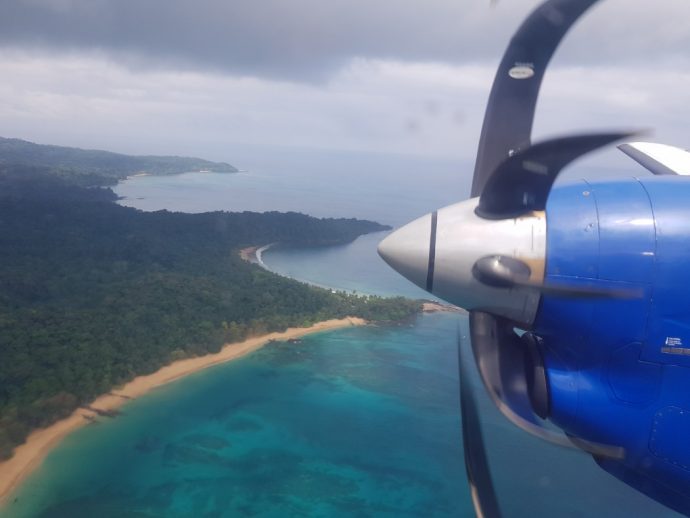
Duration
How long do you want to be away for? Different people have different ideals when it comes to travelling. For some, a weekend break in a major city is sufficient. For others, a full year of travelling a country can feel too short. There are different elements of your life and personality that can determine the ideal travel duration for you.
Responsibilities
Do you have responsibilities? Certain people may not be able to travel for extended periods of time, as they have responsibilities at home that they need to prioritise. For example, if you have children, you may not be able to head away for much more than a week, as you will miss them and childcare can be difficult to find or expensive. If you have pets, again, you may not be able to head away for too long, as you will need to care for them and kennels or other forms of care can be costly too. One option to counter this would be to arrange a house sitter to look after your animals.

Some people have work that they cannot leave for more than a two week break at a time and travelling longer term would mean sacrificing their career – a decision that some feel isn’t suitable or part of their life plan.
Medical conditions
If you have medical conditions, you may find that long term travel isn’t suitable for you, as you need to attend regular check-ups or access prescribed medication frequently. You may be able to organise these check-ups in different locations, but it’s important that you discuss this with your doctor or other medical professionals before committing to it.
Character
Some people simply don’t like being away from home for long periods of time. They can become isolated, lonely or home sick, missing their friends and family. Of course, on the other hand, you have those who are independent and adventurous and thrive in settings where they skip from one place to another.
Cost
Once you have an idea of where you want to go and how long you want to go for, you can get a feel of how much the trip is going to cost you. A week in a location close to home is going to prove vastly different in terms of money from a year spent hopping from one country to another. Considering cost is extremely important to make your trip successful. It will allow you to save up and ensure that you have all the money you need while you’re away.

Figuring out the cost
Your first step to saving for your trip is to figure out exactly how much you need to save to make travelling feasible. This means drawing up a rough plan of what you want to do and factoring in all the costs. Make sure to include things like flights, travel insurance, accommodation, food, travel (such as public transport, taxis, car hire), days out and attractions. Make this plan as detailed as possible and include even minor expenses, as these can mount up over time. Eventually, you will have a good idea of the amount you need to complete the trip of your dreams.
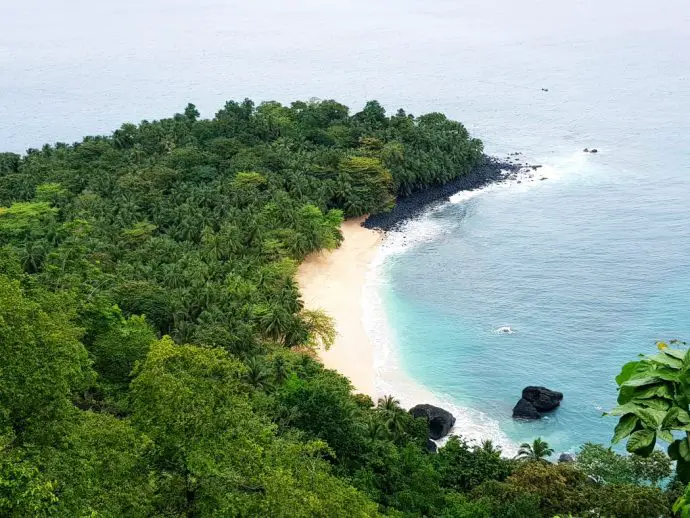
Saving
Having a figure gives you a specific goal to work towards. You’ll be able to save a certain amount per month based on your disposable income. Saving means creating a budget, so this is the first step you should take. To do this you will need to:
- Determine your take home pay – all too many people assume that their salary is the amount they take home. But this isn’t the case. There are deductions that everyone needs to pay from their salary, such as tax, national insurance, student loan repayments and other essential contributions. If you are employed, chances are, your employer will deduct this from your pay before it hits your bank account. If you are self-employed, you will need to deduct this yourself, put it to one side and pay at the end of the tax year. There are plenty of free to use online calculators that will figure out your take home pay for you.
- Deduct essentials – while you are saving for your trip, there will inevitably be bills, contracted payments and other fees that you need to make on a monthly basis to get by. These can include things like your rent or mortgage payments, energy bills, food, fuel, phone payments, internet payments, car payments and more. Sit down and write down all of your essential outgoings and their average monthly cost. You will need to deduct this figure from your take home monthly pay.
- Disposable income – the figure you’re left with after deducting your essentials from your take home pay is your disposable income. This is the amount that you have free to spend or save as you wish. If you’re planning on travelling soon, or have a big target to hit, you should dedicate as much of this disposable income as possible to your travel savings.
- Create a savings account – it’s a good idea to create a savings account to place your travel savings in. This can prevent you from accidentally spending too much or dipping into the precious travel pot. If you find an account with a good interest rate, you can also benefit from added interest to your savings, although they are pretty rare these days.
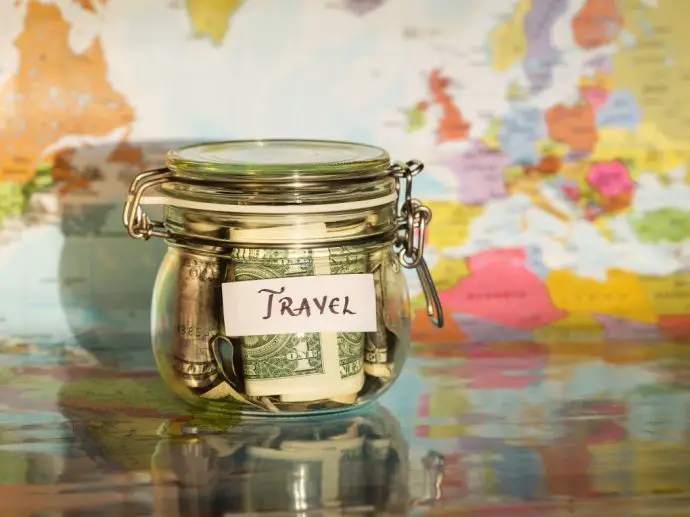
These are just a few areas of consideration you should take into account before committing to travel of any sort. Hopefully, some of the information will come in useful for you and will allow you to plan the trip you have in mind, safely and responsibly. Planning really is the key to success when it comes to travelling, so make sure to get started sooner rather than later for the best results!

